Short skis are easier to control, lighter, and help you learn faster. Long skis provide more stability at high speeds but are harder to maneuver, especially for beginners. Here’s a quick breakdown to help you decide:
- Short Skis (38–120 cm): Best for beginners. Easier turning, less tiring, faster learning curve.
- Long Skis (160+ cm): More stable at high speeds and better for deep powder, but harder to control and tiring for new skiers.
Quick Comparison
| Feature | Short Skis (38–120 cm) | Long Skis (160+ cm) |
|---|---|---|
| Learning Curve | Easier, faster to pick up | Slower, harder to master |
| Maneuverability | Quick and easy turns | Requires more effort |
| Stability | Stable at moderate speeds | Excellent at high speeds |
| Physical Effort | Less tiring | More demanding |
| Best For | Beginners, casual skiers | Advanced, high-speed skiing |
For beginners, shorter skis (like Snowfeet models) are ideal for building confidence and skills. If you’re aiming for speed or tackling challenging terrain, longer skis may be a better fit. Choose based on your goals and comfort level.
How to Choose the Right Ski Length | Find the Perfect Ski ...
1. Full-Length Skis (Rossignol, Atomic, Elan, Head)

Full-length skis, typically measuring over 170 cm and sometimes reaching up to 200 cm, are known for their stability but can be challenging to control, especially for beginners. Let’s break down what these traditional skis bring to the table.
| Feature | Impact on Beginners |
|---|---|
| Stability | Offers better balance at higher speeds |
| Speed Control | Provides strong grip on hard-packed snow |
| Maneuverability | Requires significant effort to turn |
| Learning Curve | More difficult to master initially |
| Terrain Handling | Performs well in deep powder and rough conditions |
While their stability is a major plus, it comes at the cost of maneuverability. This trade-off makes them less ideal for quick turns or playful skiing. These characteristics provide a foundation for later comparisons with Snowfeet's shorter, more agile designs.
One of the key benefits of full-length skis is their ability to maintain balance and control at speed. As Adventure Skier explains, "Long skis offer more stability even though you'll need more power to get up speed compared to short skis. Long skis are generally 200 cm or more in length. These are best for beginners due to the extra stability." [2]
However, their added length and weight demand more strength and precision, particularly during turns, which can lead to fatigue. While they shine in deep powder by offering extra cushioning and shock absorption [2], their design requires a refined technique for effective handling.
"Long skis are for most of skiers cumbersome and heavy. In a snowpark or on a slope, you will have more fun with short skis, which are easy to control and fun to slide." - Snowfeet Team [1]
2. Snowfeet Mini Ski Skates (38 CM)
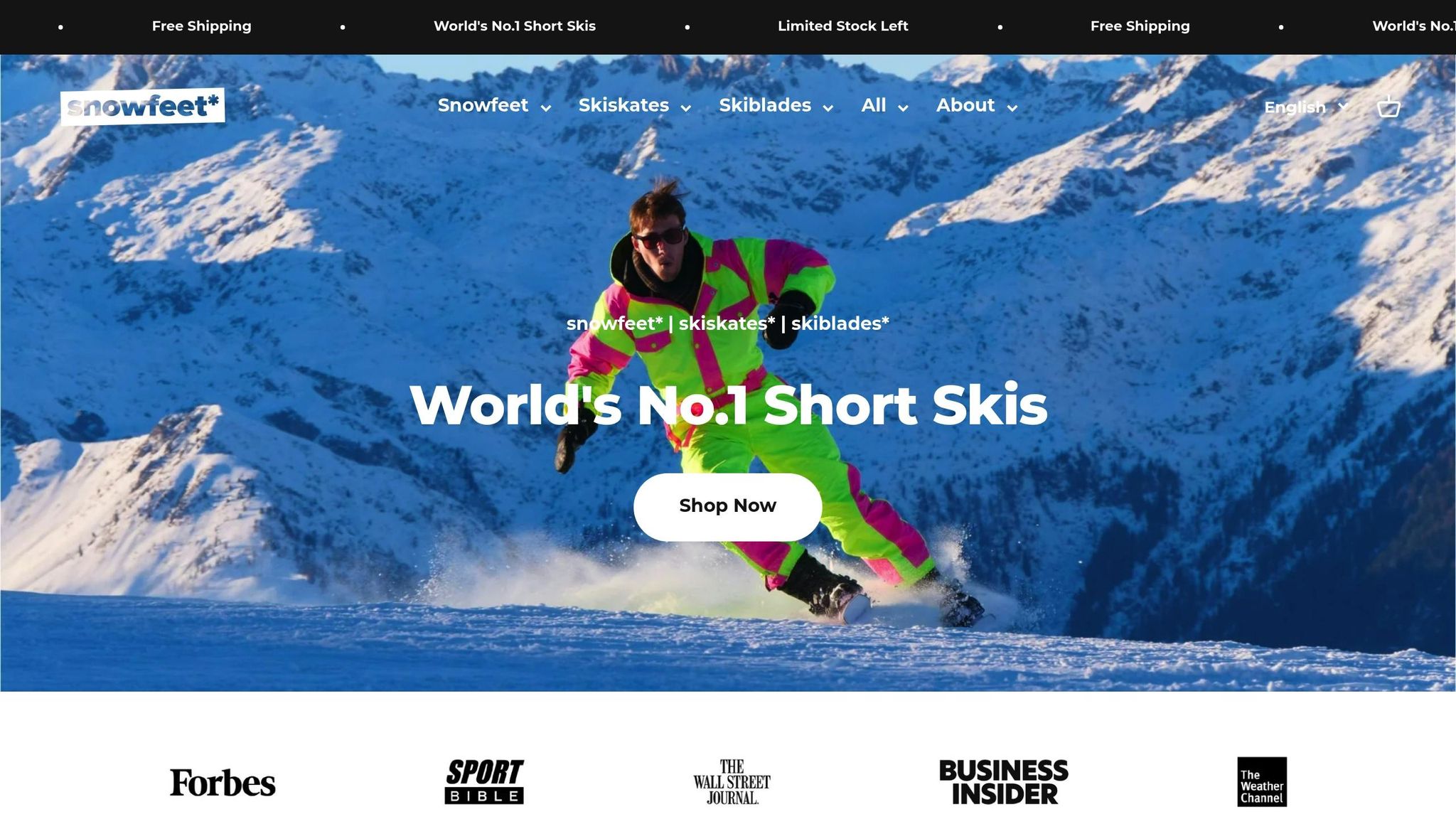
Snowfeet Mini Ski Skates, measuring just 38 centimeters (15 inches), offer a compact alternative to traditional skis. Their small size makes them easier to carry, more maneuverable, and simpler to learn for beginners. Here's a closer look at what they bring to the slopes:
| Feature | Advantage for Beginners |
|---|---|
| Compact Size | Convenient to carry and pack |
| Lightweight | Easy to handle and less tiring |
| Control | Better maneuverability for sharp turns |
| Ease of Learning | Simpler to pick up than full-length skis |
| Compatibility | Works with regular winter boots |
The shorter design creates a more direct connection with the snow, helping beginners practice essential skills like turning and stopping with greater confidence. It also allows for longer practice sessions without causing unnecessary fatigue.
Another standout feature is their compatibility with standard winter boots, eliminating the need for costly specialized gear. This makes snow sports more approachable and budget-friendly for newcomers.
Thanks to their nimble design, these mini ski skates perform best on groomed slopes and packed snow, giving beginners a perfect setting to build their skills.
3. Snowfeet PRO (50 CM)
The Snowfeet PRO (50 cm) is a mid-length option designed to combine ease of control with dependable stability, making it an excellent choice for beginners. With a 4.9 rating from 1,128 users, it’s a popular pick for those starting out.
| Feature | Beginner-Friendly Advantage |
|---|---|
| Length | Strikes a balance between stability and maneuverability |
| Weight Distribution | Easier handling compared to full-length skis |
| Learning Curve | Speeds up skill-building with a forgiving design |
| Adjustable Bindings | Fits standard winter boots |
| Durability | Built for long-term use |
At 50 cm, this model offers a middle ground between compact ski skates and traditional long skis. Its design allows for smoother turns and better control, helping beginners build confidence on groomed slopes.
The adjustable bindings are easy to customize and work seamlessly with regular winter boots. Compared to traditional skis from brands like Rossignol or Atomic, the Snowfeet PRO requires less physical effort, letting you enjoy longer practice sessions without tiring out too quickly.
Priced at $230, the Snowfeet PRO comes with all necessary hardware and adjustable bindings. It’s a smart choice for beginners looking for a manageable and enjoyable way to improve their skiing skills.
4. Skiskates (44 CM)
Skiskates, like other models from Snowfeet, are compact and designed for agility, making them stand out from traditional skis. Measuring just 44 cm, they blend skiing and skating movements, offering a lightweight option with a professional-grade wood core and cap construction.
| Feature | Specification | Benefit |
|---|---|---|
| Length | 44 cm | Better control and agility |
| Construction | Wood core, cap design | Strong and durable |
| Binding Type | Non-release ski/snowboard | Works with various boots |
| Price | From $330 | High-quality performance |
| Best For | Roller-bladers, hockey players | Familiar movement patterns |
Thanks to their short length, Skiskates allow for quick, precise turns and a mix of skiing and skating movements on snow.
"Skiskates are skates for snow. They are the shortest skis in the world which combine skiing and skating." - Snowfeet Team [3]
These skates are particularly great for beginners who have experience in rollerblading or hockey, as the movement feels natural to them. Their small size makes them perfect for dynamic, fast-paced riding styles.
To get the best performance, keep your legs flexible and maintain a staggered stance for balance. While their short length is great for maneuverability, it does require more balance compared to longer skis, especially for those new to the slopes.
The durable yet lightweight construction ensures they hold up under regular use. Plus, the non-release bindings fit both ski and snowboard boots, giving you flexibility without sacrificing stability.
sbb-itb-17ade95
5. Snowfeet Skiblades (65 CM)
The Snowfeet Skiblades at 65 cm offer a great mix of agility and stability, making them ideal for beginners stepping into skiing. This length combines the quick maneuverability of shorter models with the steadiness needed for building confidence and control.
| Feature | Specification | Benefit |
|---|---|---|
| Length | 65 cm | Great for mastering turns |
| Price | From $400 | High-quality craftsmanship |
| Best For | Beginners, freestyle riders | Faster skill development |
| Construction | High-quality materials | Long-lasting and reliable |
| Terrain Type | Groomed slopes, terrain parks | Suitable for various conditions |
These skiblades are designed to help you learn faster by offering precise edge control and easy turn initiation. Their compact size makes them responsive, while the added stability ensures you stay in control as you pick up new skills. This model builds on the success of shorter mini skis, providing a solid platform for advancing your skiing technique.
At 65 cm, you'll experience smoother turns, better speed control, and improved responsiveness, all of which make learning simpler and more enjoyable. These features not only help you pick up skills quickly but also fine-tune your technique over time.
"Skiing with short skis also allows to progress at much faster pace than with long skis. You can go from rookie to an intermediate skier within a day thanks to a fast learning curve." - Snowfeet Team [1]
To get the most out of these skiblades, keep a centered stance and focus on steady, controlled movements. Their durable, lightweight construction ensures you can practice comfortably for extended periods without feeling weighed down.
6. Snowfeet Skiblades (99 CM)
The 99 cm Snowfeet Skiblades offer a balance of agility and stability, making them a great choice for beginners looking to improve their skills. They provide better control and a smoother ride compared to shorter models, helping users progress with confidence.
| Feature | Specification | Benefit |
|---|---|---|
| Length | 99 cm | Combines stability and control |
| Price | From $450 | High-quality construction |
| Best For | Beginners to intermediate | Suited for various skill levels |
| Terrain | Groomed runs, moguls | Handles different conditions |
| Rating | 5.0/5.0 (96 reviews) | Trusted by users |
Positioned as a middle option in Snowfeet's lineup, the 99 cm model blends the quick turns of shorter designs with the steadiness of traditional skis. Its design allows for easy turn initiation while keeping stability intact.
This length is ideal for developing proper technique, reducing fatigue during long sessions, and handling moguls comfortably. It also minimizes knee strain, making it a versatile choice for diverse terrain.
For the best experience, maintain a centered stance and focus on smooth edge transitions. The 99 cm Snowfeet Skiblades are a perfect step between shorter models and full-length skis, offering a great mix of performance and ease of use.
7. Snowfeet Short Skis (120 CM)
The Snowfeet Short Skis, measuring 120 cm, strike a great balance between traditional long skis and shorter alternatives. At $690, they offer a well-rounded design and features suited for both beginners and experienced skiers.
| Feature | Specification | Benefit |
|---|---|---|
| Length | 120 cm | Combines stability with easy maneuverability |
| Price | $690 | High-quality build for durability |
| Best For | Beginners to advanced | Ideal for improving skills |
| Rating | 5.0/5.0 (96 reviews) | Highly rated for performance |
| Terrain | All-mountain | Handles various conditions |
These skis are designed to provide a smooth mix of control and stability. The 120 cm length allows for precise turns while maintaining enough surface area for reliable grip, even at moderate speeds. Beginners will appreciate the forgiving nature of these skis, which help reduce errors and encourage steady improvement. Unlike longer skis that can feel overwhelming or shorter ones that may compromise stability, this model hits the sweet spot for learning and advancing.
Their lightweight and compact design make them easier to carry and store compared to full-length skis. This also reduces fatigue during longer practice sessions, giving you more time on the slopes. With their versatile performance and practical features, these skis are a solid pick for anyone looking to grow their skills with confidence.
Benefits and Limitations
Compare the key features of short and long skis to find the best fit for your skiing style:
| Aspect | Shorter Skis (38–99 cm) | Traditional Long Skis (160+ cm) |
|---|---|---|
| Learning Curve | Easier to control, faster to learn | Requires more practice to master |
| Maneuverability | Quick and easy turns | Turning can be more difficult |
| Storage & Transport | Fits in a backpack or car trunk | Needs dedicated storage or rack |
| Speed Stability | Stable at moderate speeds | Excellent for high-speed stability |
| Terrain Versatility | Ideal for groomed runs and parks | Handles varied conditions better |
| Physical Effort | Less tiring, easier on the body | Requires more strength and effort |
Short skis are great for beginners thanks to their lightweight design and ease of control. They make learning fundamental techniques simpler and allow for faster skill development. Their compact size also makes them easy to transport and store, perfect for recreational skiers who value convenience.
For casual skiing, short skis shine in crowded or tight spaces, offering better maneuverability. Long skis, on the other hand, are better suited for high-speed adventures and handle hard-packed snow with ease.
"Short skis are the right first step to take on your way to the slopes. They are light, easier to control than longer skis and user-friendly" [1]
While long skis provide stability and grip at higher speeds, they can feel awkward for beginners or those skiing casually. Short skis, with their enhanced control and agility, are a confidence booster, though they may not perform as well at top speeds. This breakdown helps you make a smart choice for a more enjoyable skiing experience.
Making Your Choice
When choosing skis, focus on your goals and comfort level. For beginners, shorter skis make learning much easier.
If you’re just starting out, go for skis in the 38–50 cm range. These ultra-short skis offer excellent control on gentle slopes. For example, 38 cm models can attach to regular winter boots and are easy to store.
For a mix of control and stability, consider skis in the 65–99 cm range. A good option is the Snowfeet Skiblades at 99 cm, which provide a balance of stability and maneuverability while staying lightweight and easy to handle.
Here’s a quick summary of recommended ski lengths based on your priorities:
| Your Priority | Recommended Length | Best For |
|---|---|---|
| Maximum Control | 38–50 cm | Beginners and casual skiers |
| Balanced Performance | 65–99 cm | Quick learners with intermediate goals |
| Traditional Feel | 120 cm | Skiers transitioning from long skis |
Key Considerations
- Body Weight: If you weigh under 150 lbs, shorter skis are usually a better choice.
- Terrain: These skis perform best on groomed runs and in parks.
- Fitness Level: Shorter skis can help build endurance while you’re learning.
Starting with shorter skis can speed up your progress and help you gain confidence faster [4].
FAQs
What ski length is best for beginners, and how does it impact your skiing experience?
Choosing the right ski length depends on your experience level and what type of skiing you want to do. Shorter skis, such as those from Snowfeet, are easier to control and highly maneuverable, making them a great choice for beginners or anyone focused on freestyle skiing and groomed slopes. They’re lightweight and forgiving, helping new skiers build confidence quickly.
Longer skis, on the other hand, provide better stability at higher speeds and are ideal for carving turns or skiing in deeper powder. However, they can be more challenging to handle for beginners. If you're just starting out, consider shorter skis or skiboards for better balance and control as you learn the basics.
What makes Snowfeet mini skis a better choice for beginners compared to traditional skis?
Snowfeet mini skis are an excellent option for beginners because they are easier to control and require less effort to handle than traditional skis. Their shorter length makes them more forgiving, which can help new skiers build confidence on the slopes without feeling overwhelmed.
Another key advantage is their exceptional maneuverability, allowing for quick turns and smooth transitions. This makes Snowfeet mini skis ideal for learning basic techniques and enjoying a fun, stress-free skiing experience. If you're just starting out, these compact and versatile skis can make your first runs more enjoyable and less intimidating.
When are shorter skis better than longer ones?
Shorter skis are ideal for navigating tight spaces like moguls or terrain parks, where agility and quick turns are essential. They’re also a great choice for beginners, as they’re easier to control and require less effort to turn, making the learning process smoother and more enjoyable.
Additionally, shorter skis are lightweight and versatile, which can make them more fun for casual skiers looking to experiment or try new techniques on the slopes. Their compact size also makes them easier to transport and store, adding to their convenience.

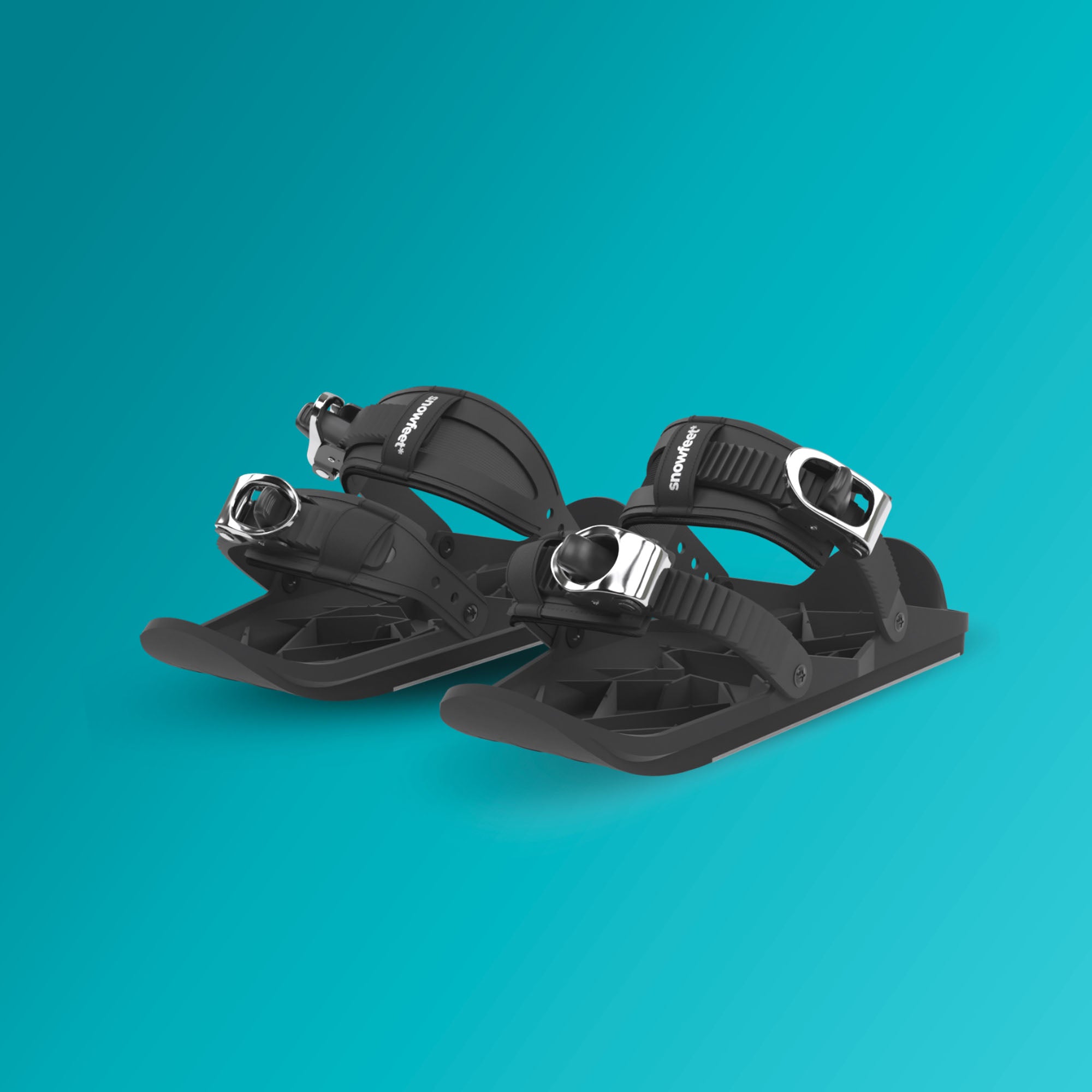


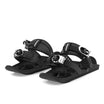
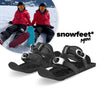

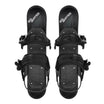


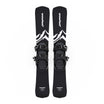
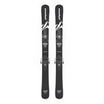
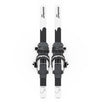
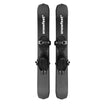
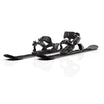
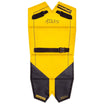

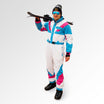
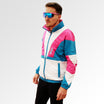
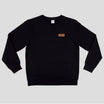
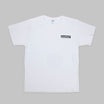
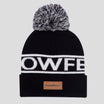
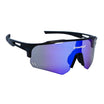
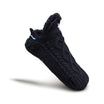
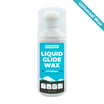
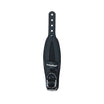
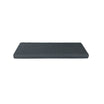
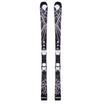




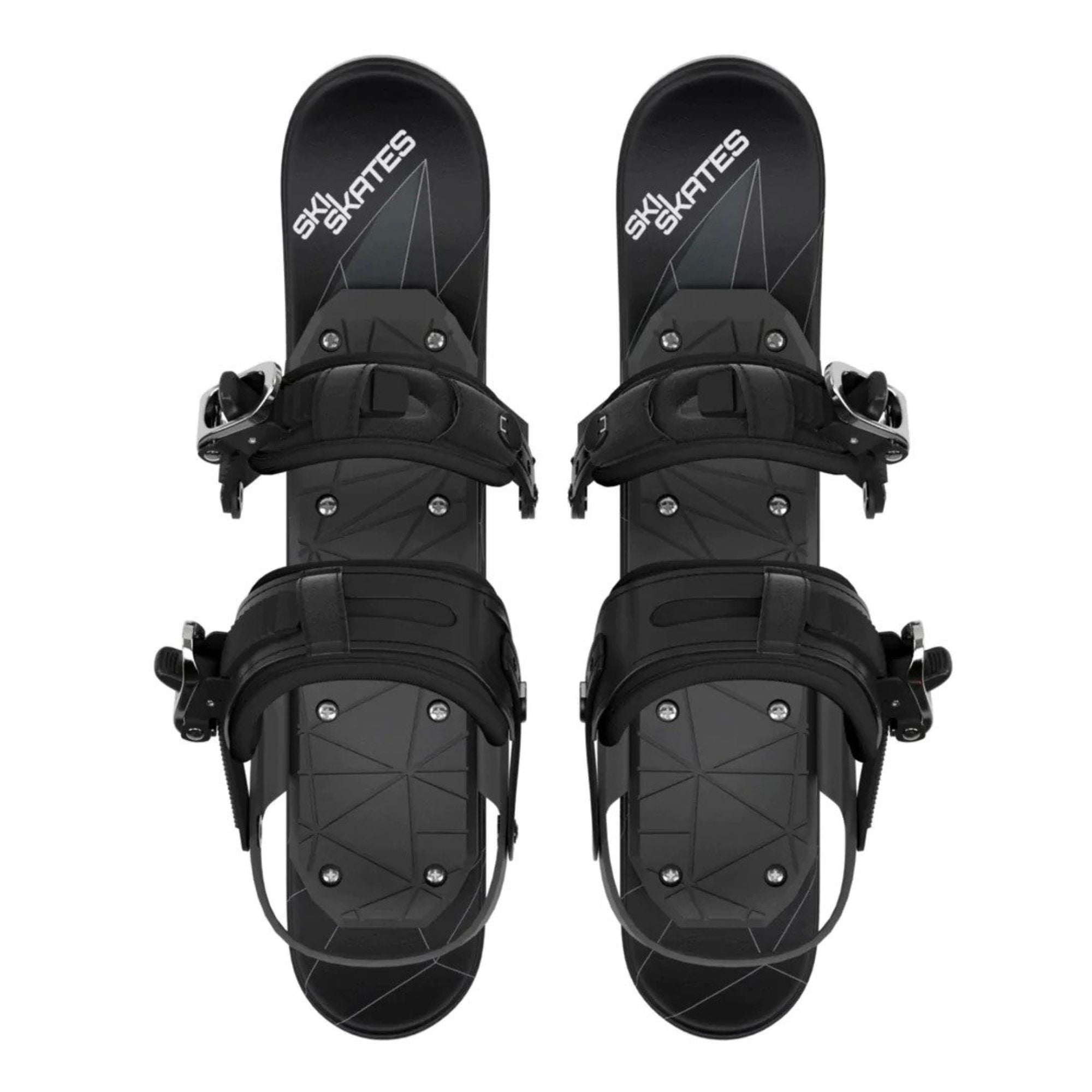
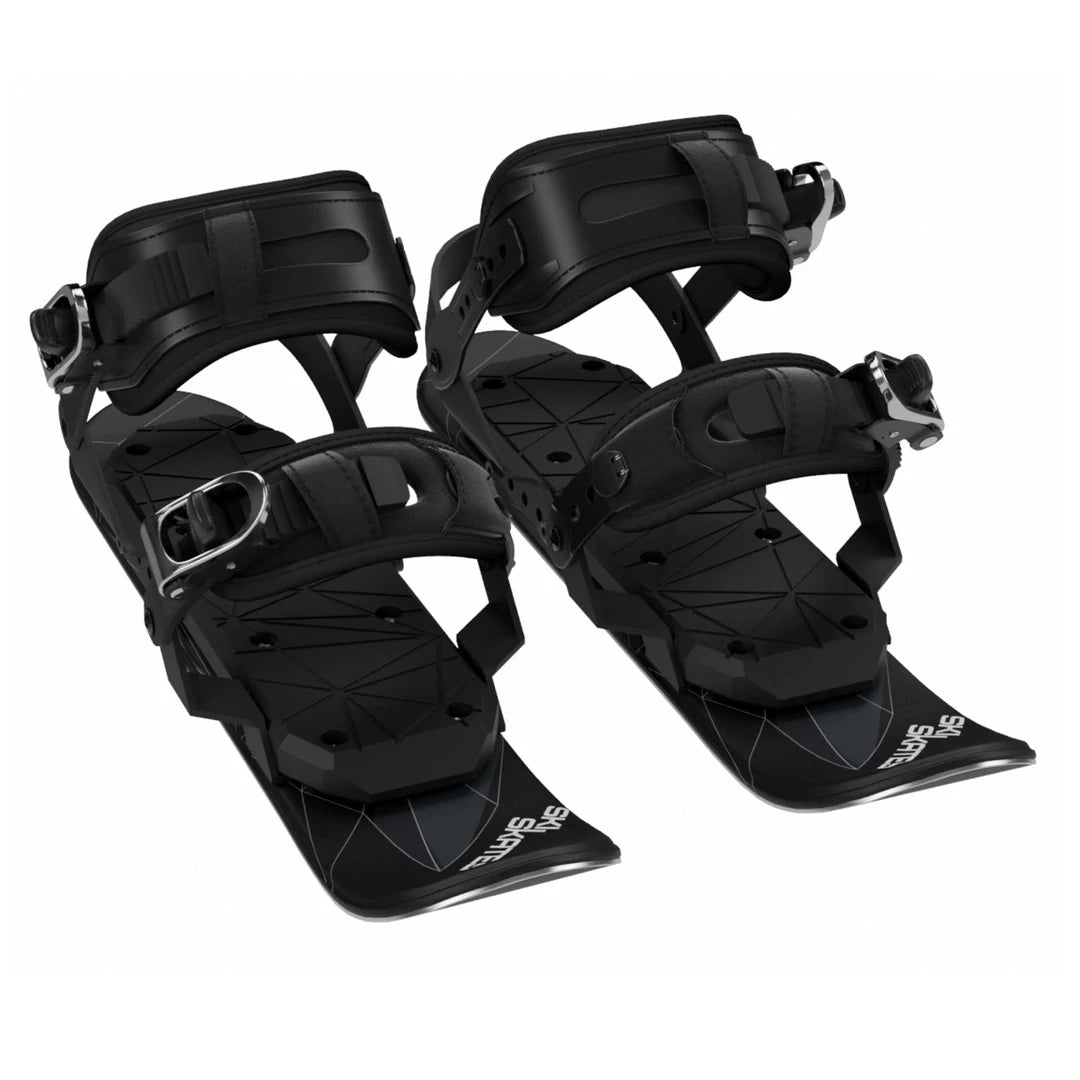
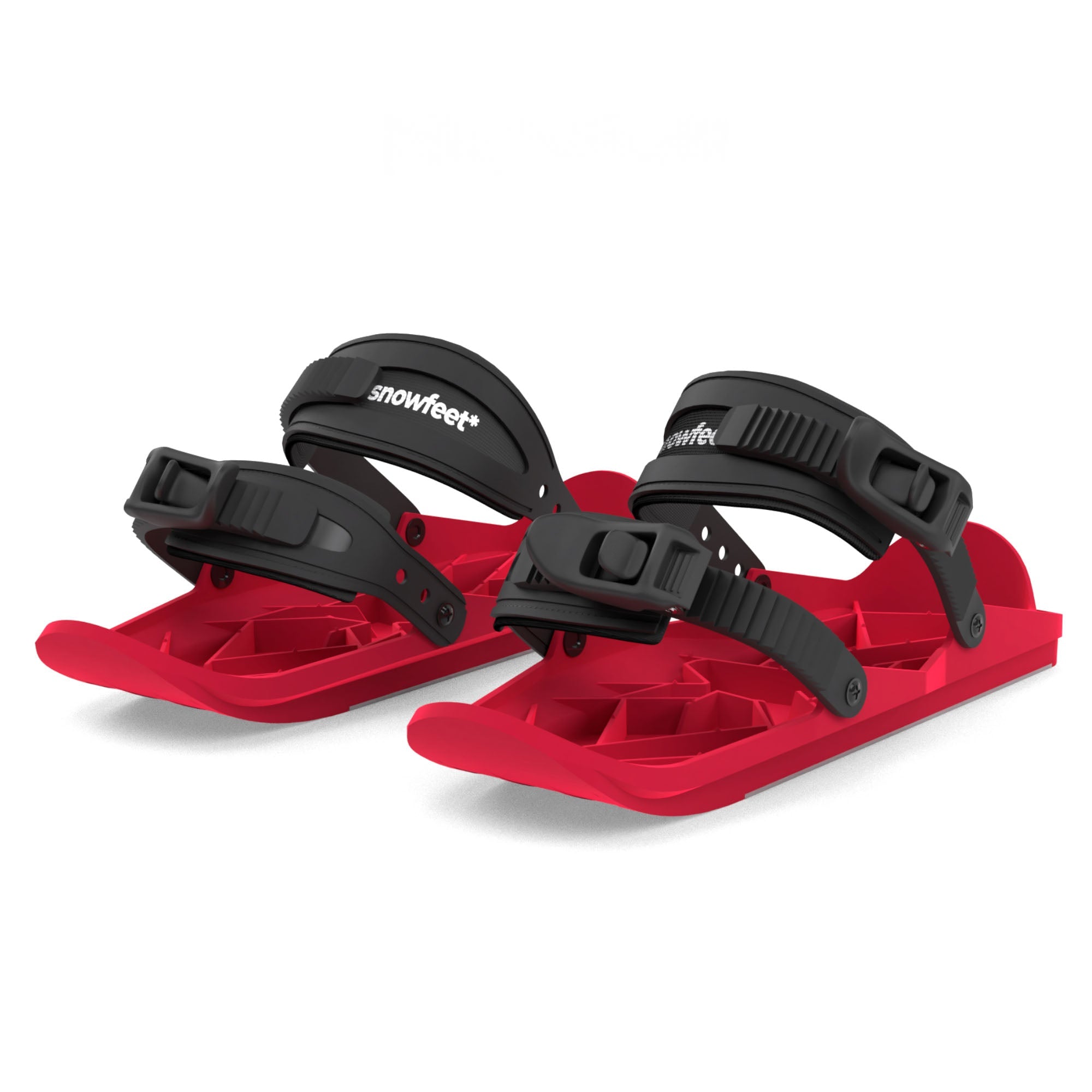
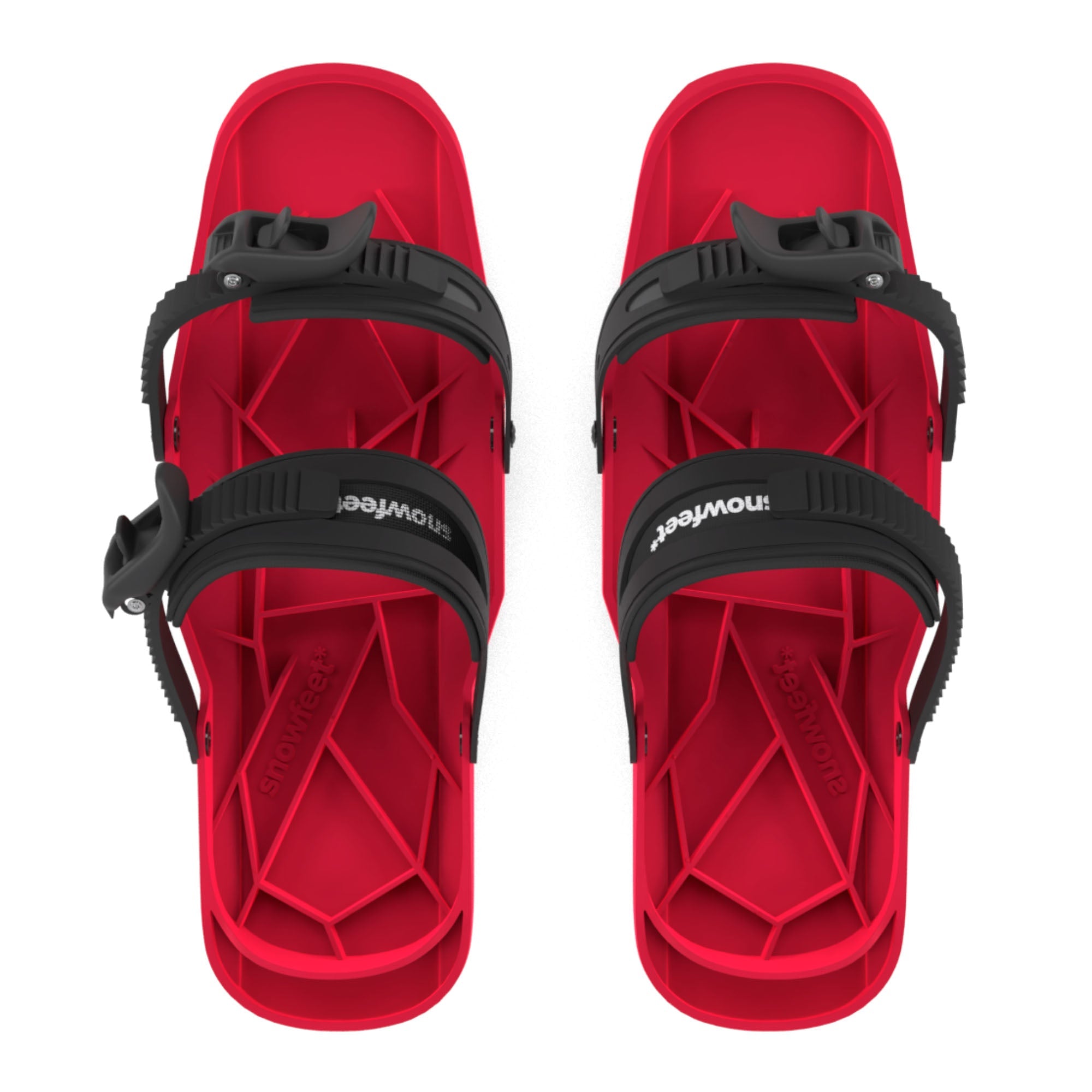




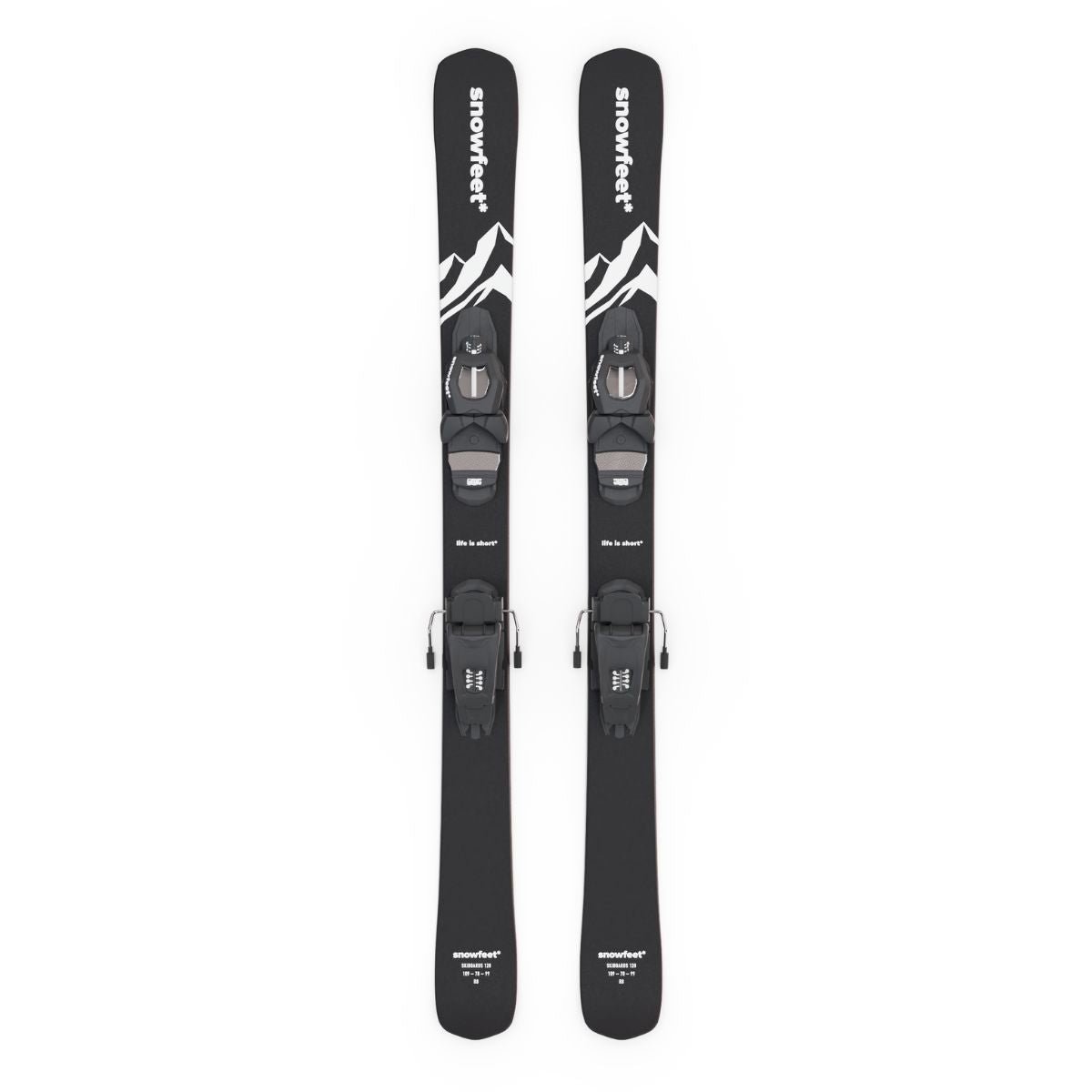
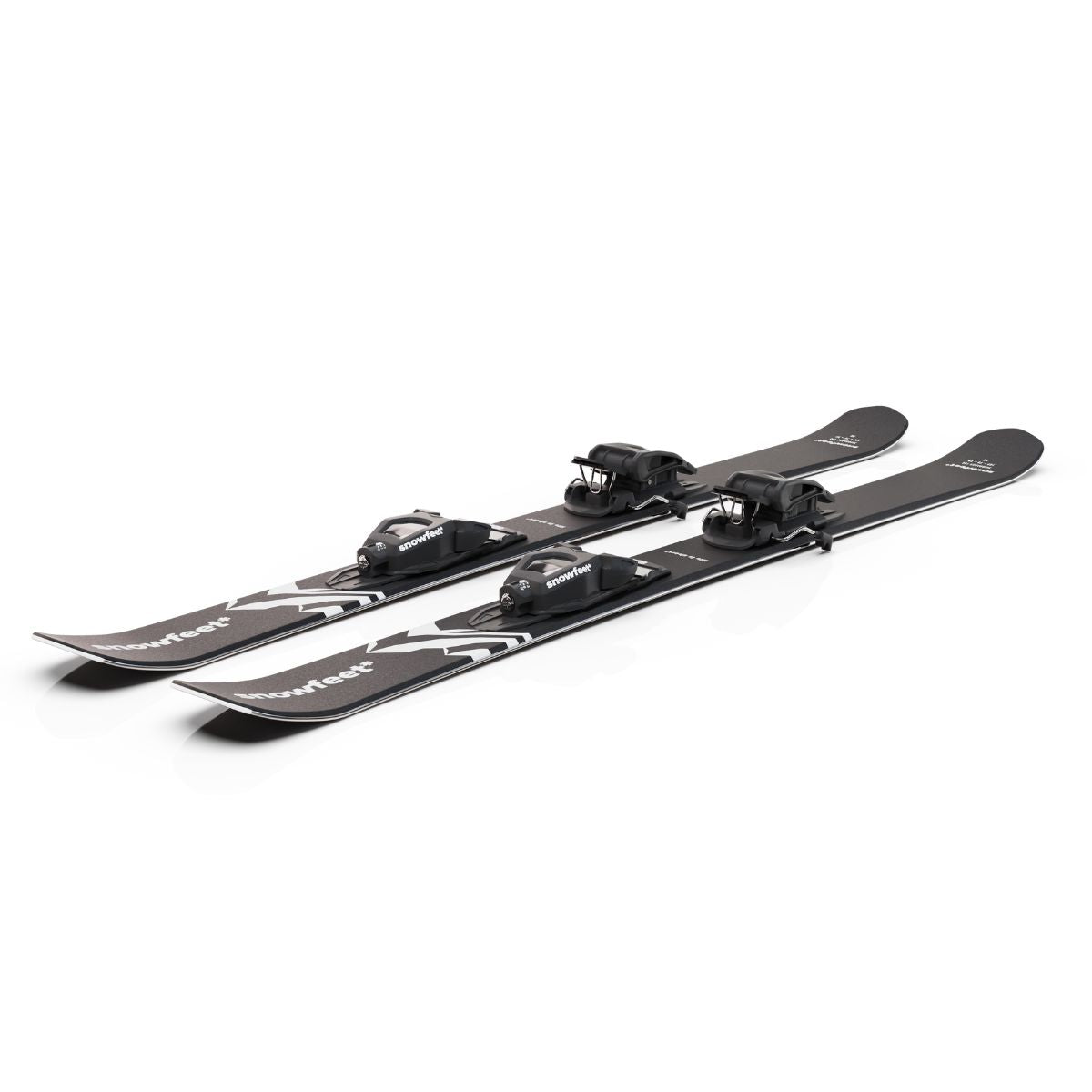
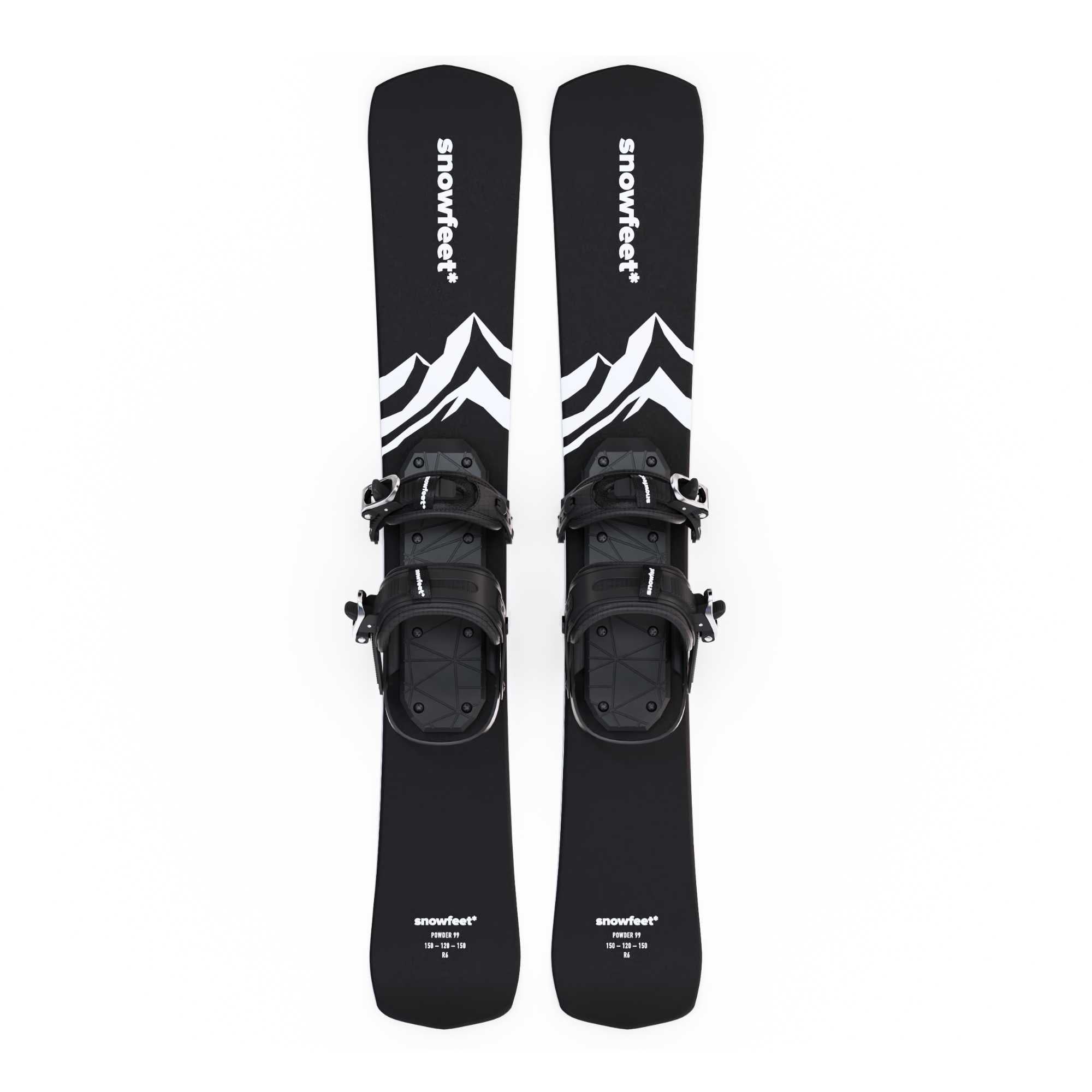
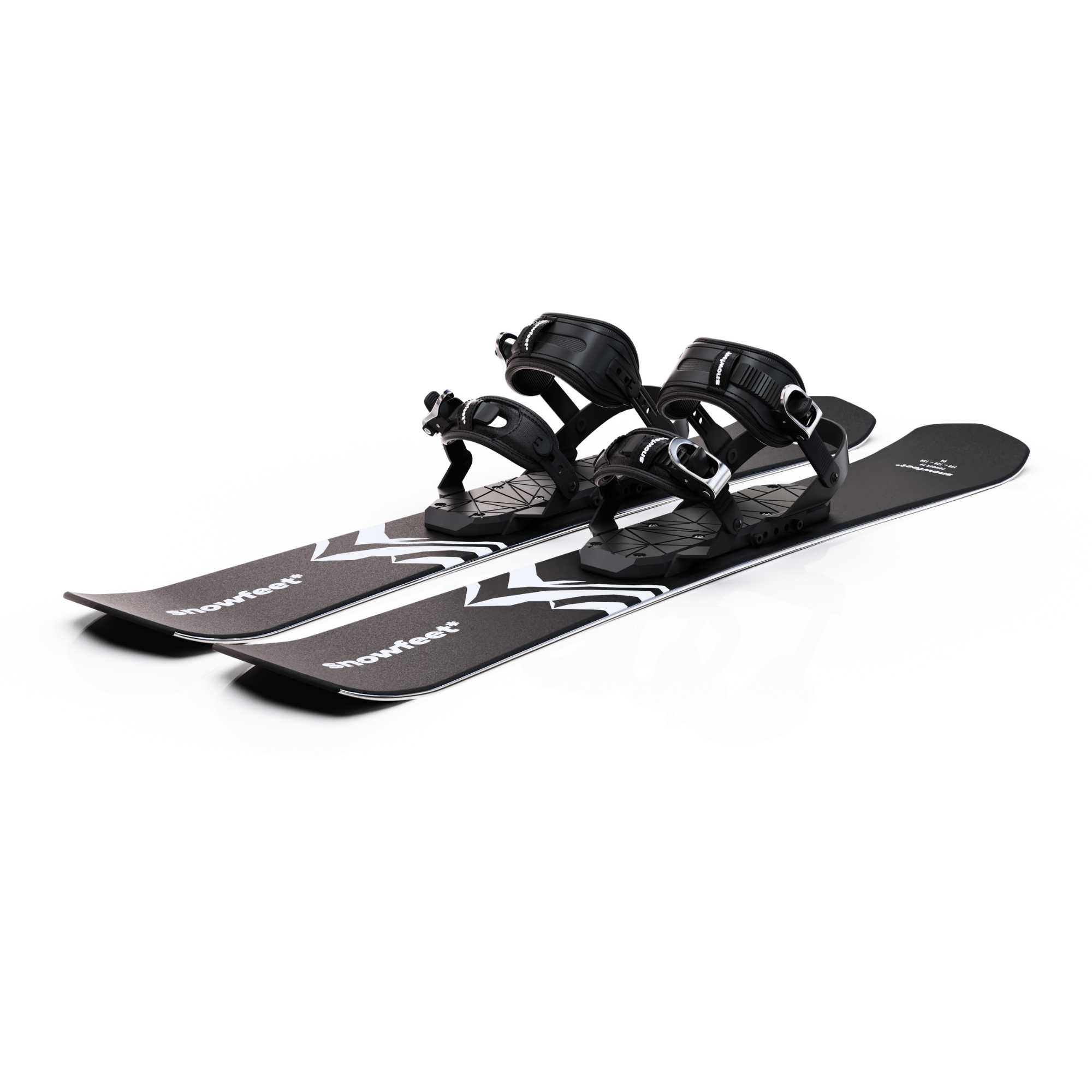
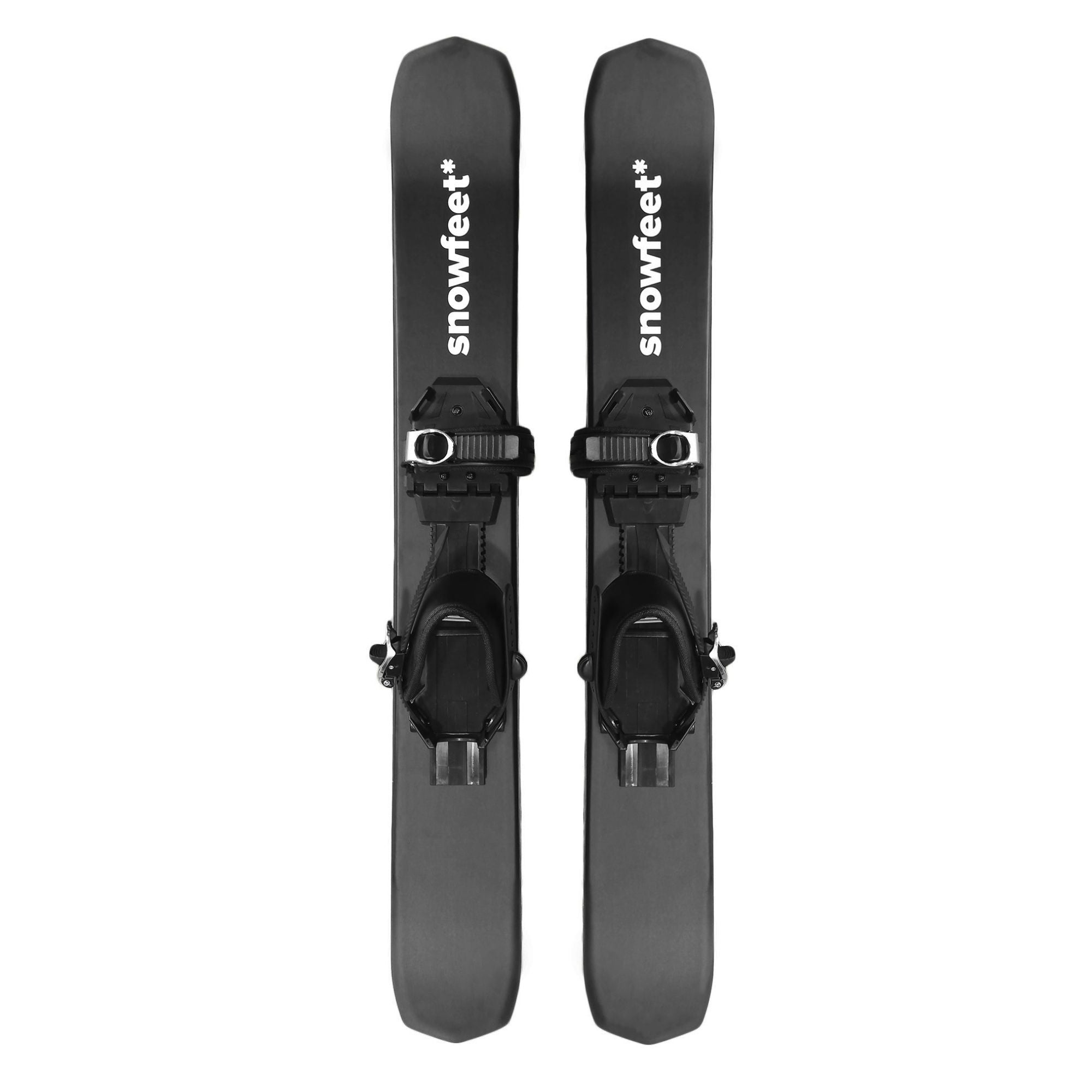
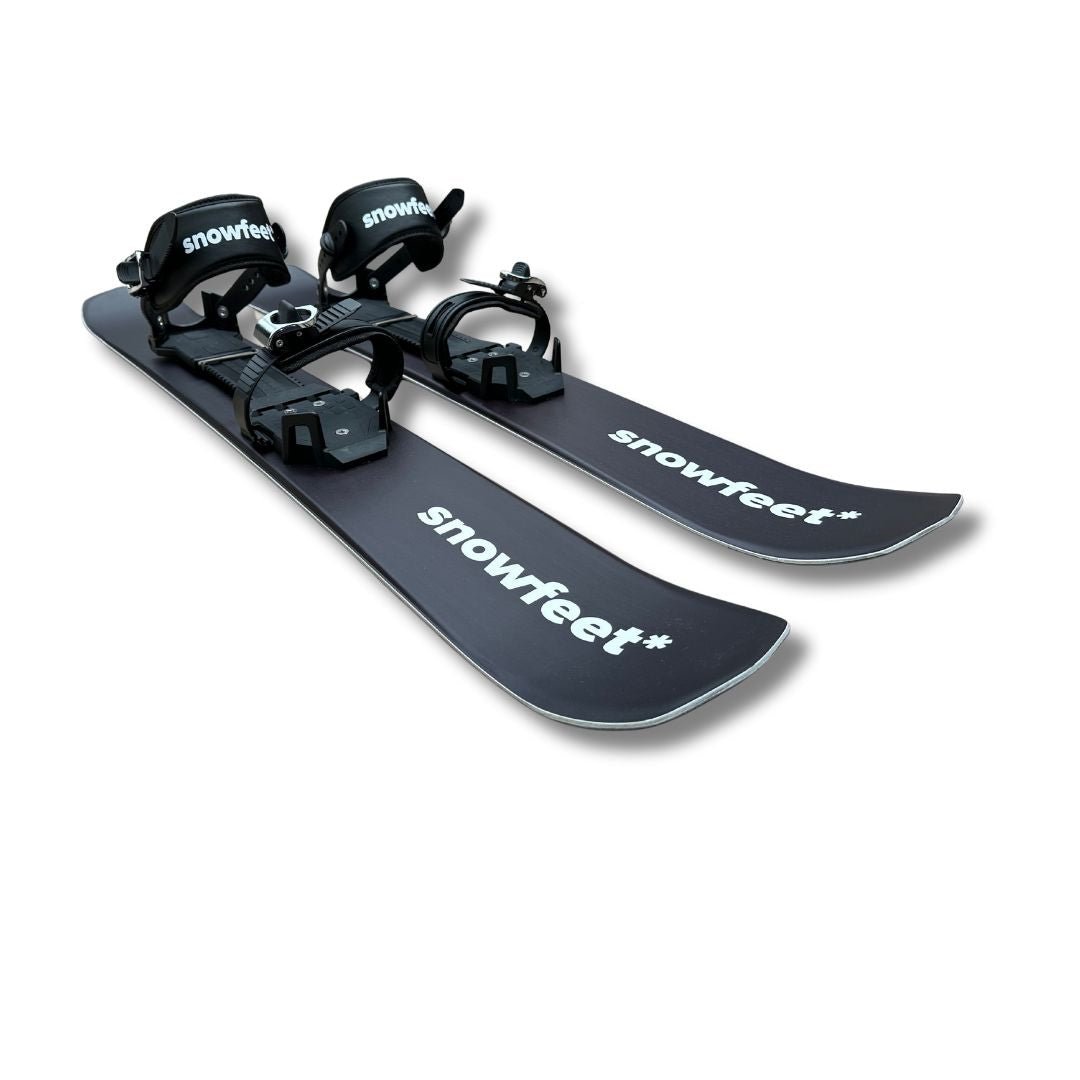
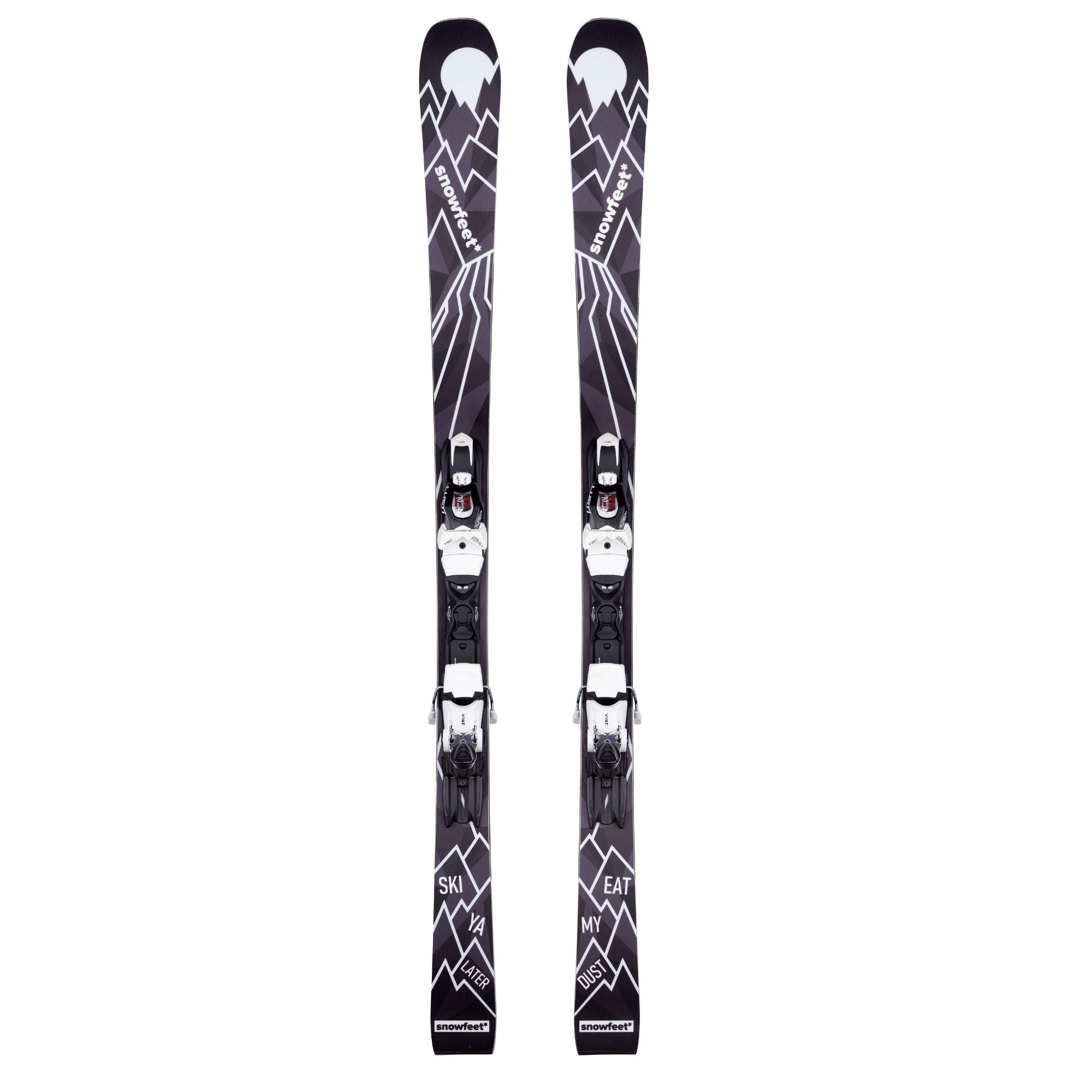
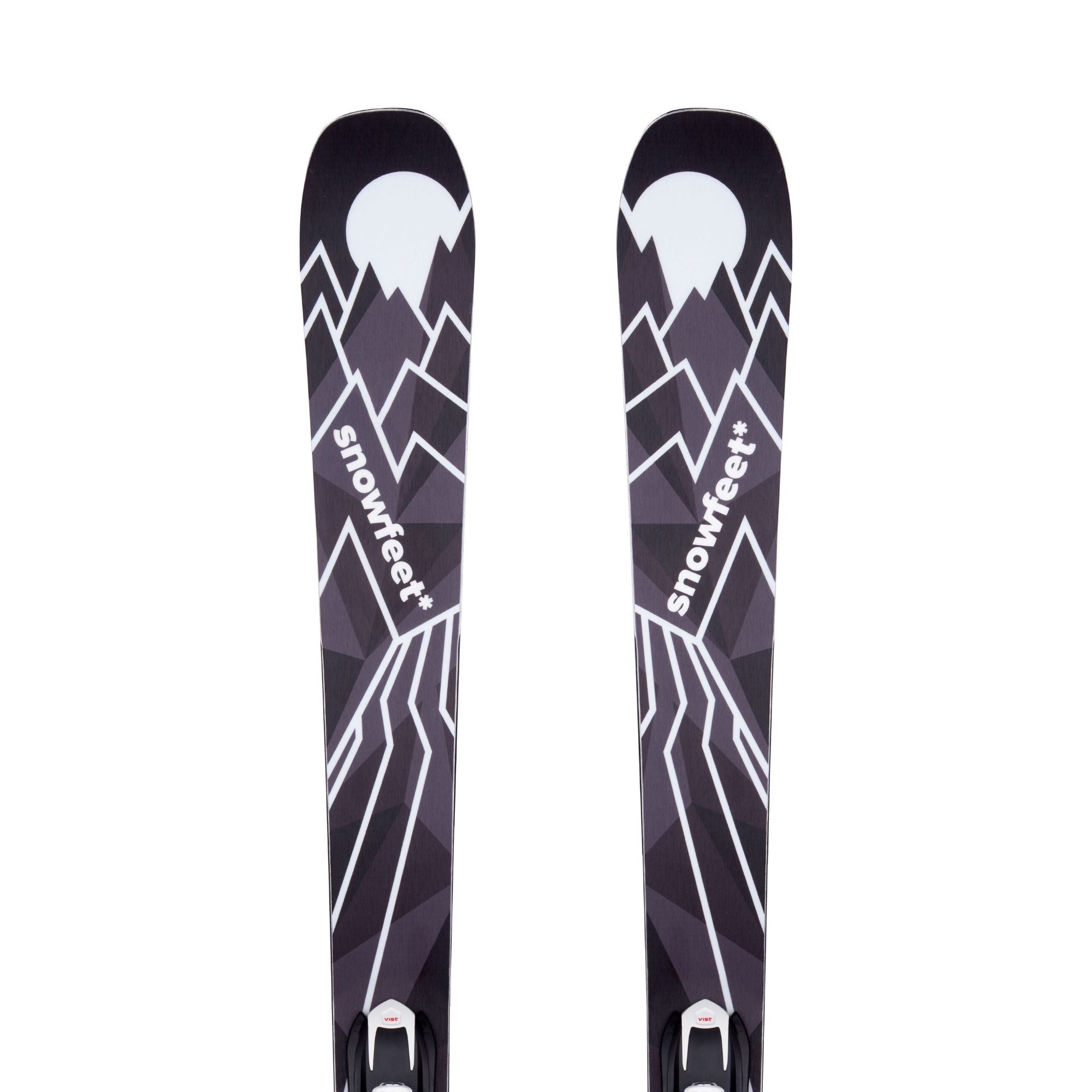
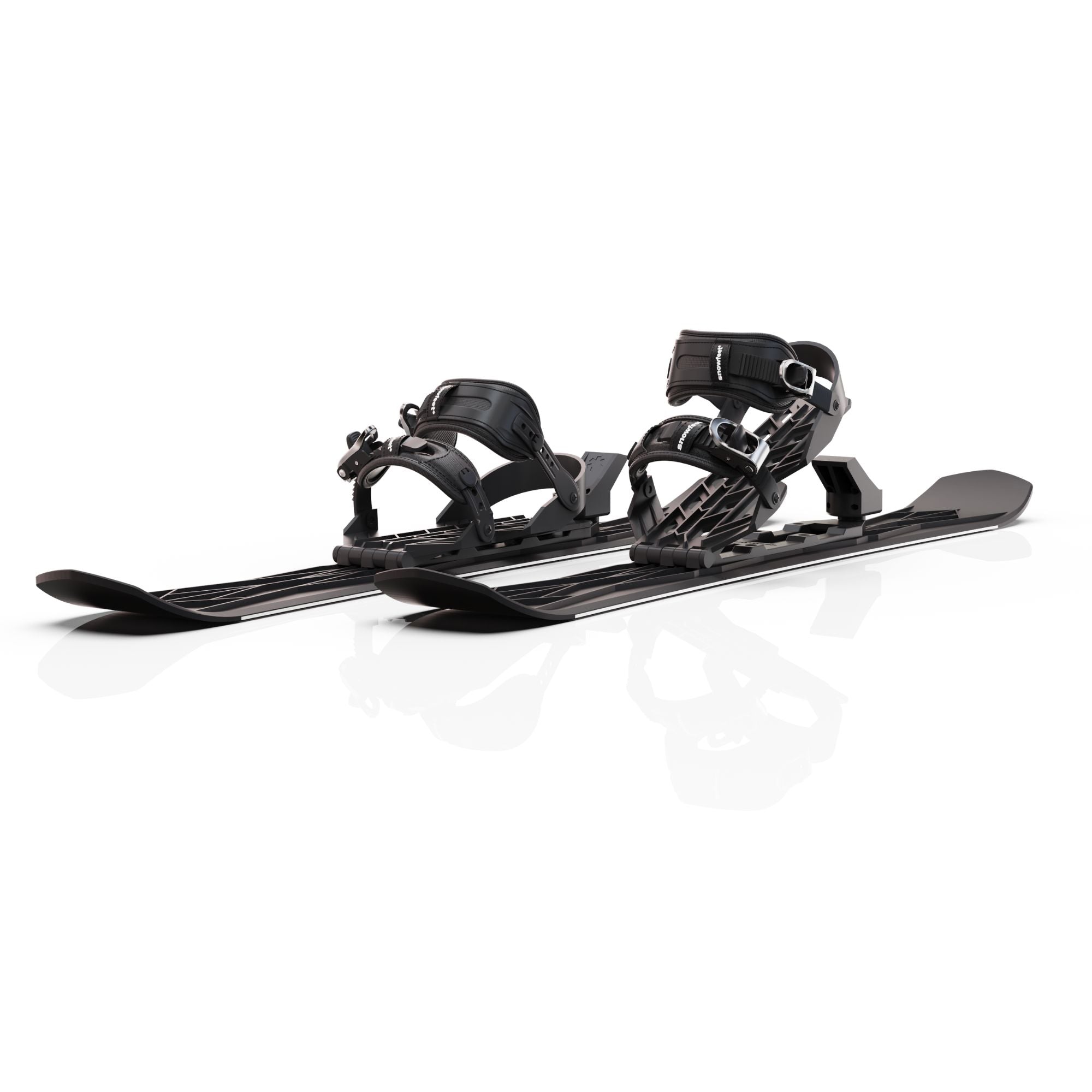

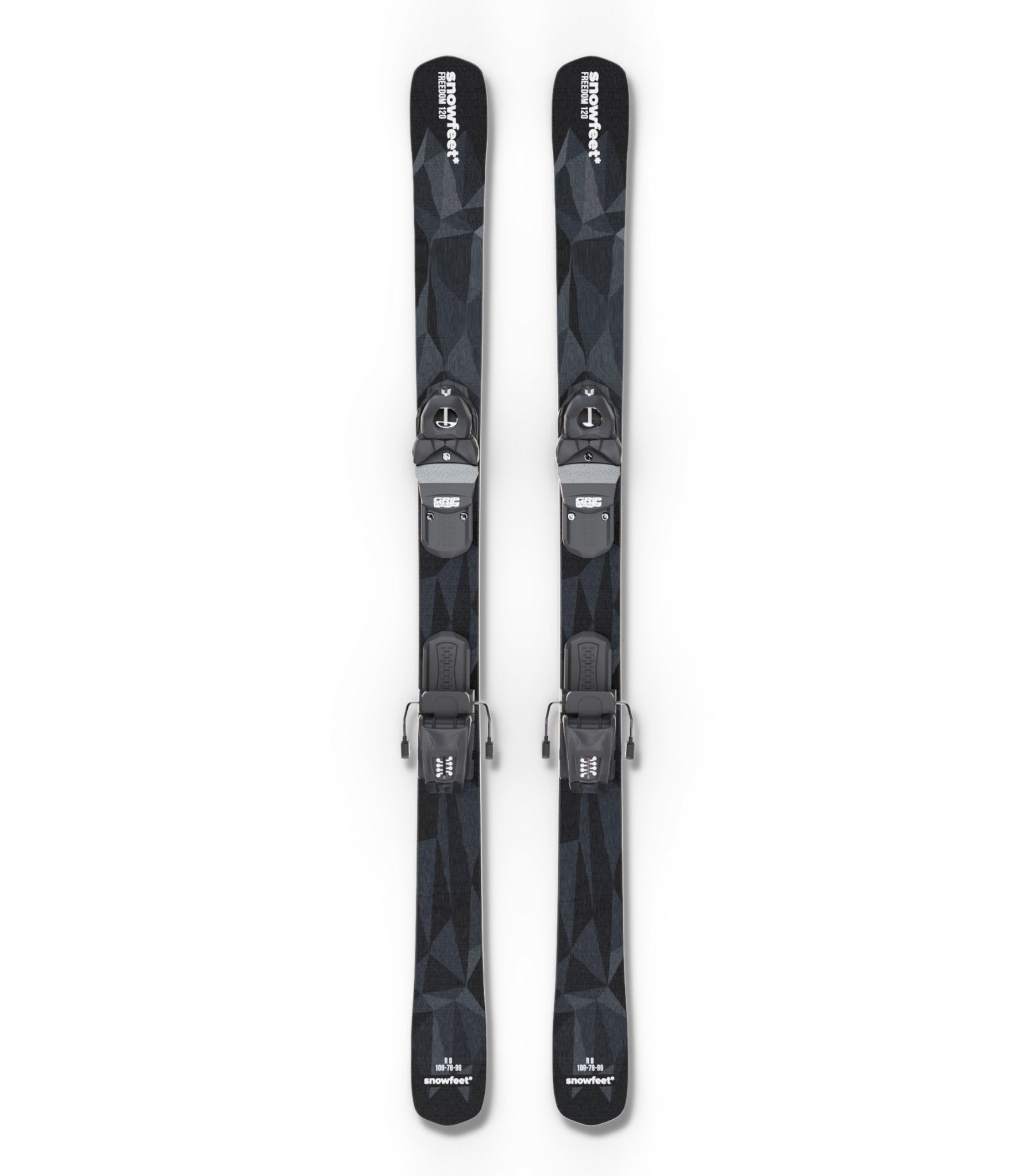
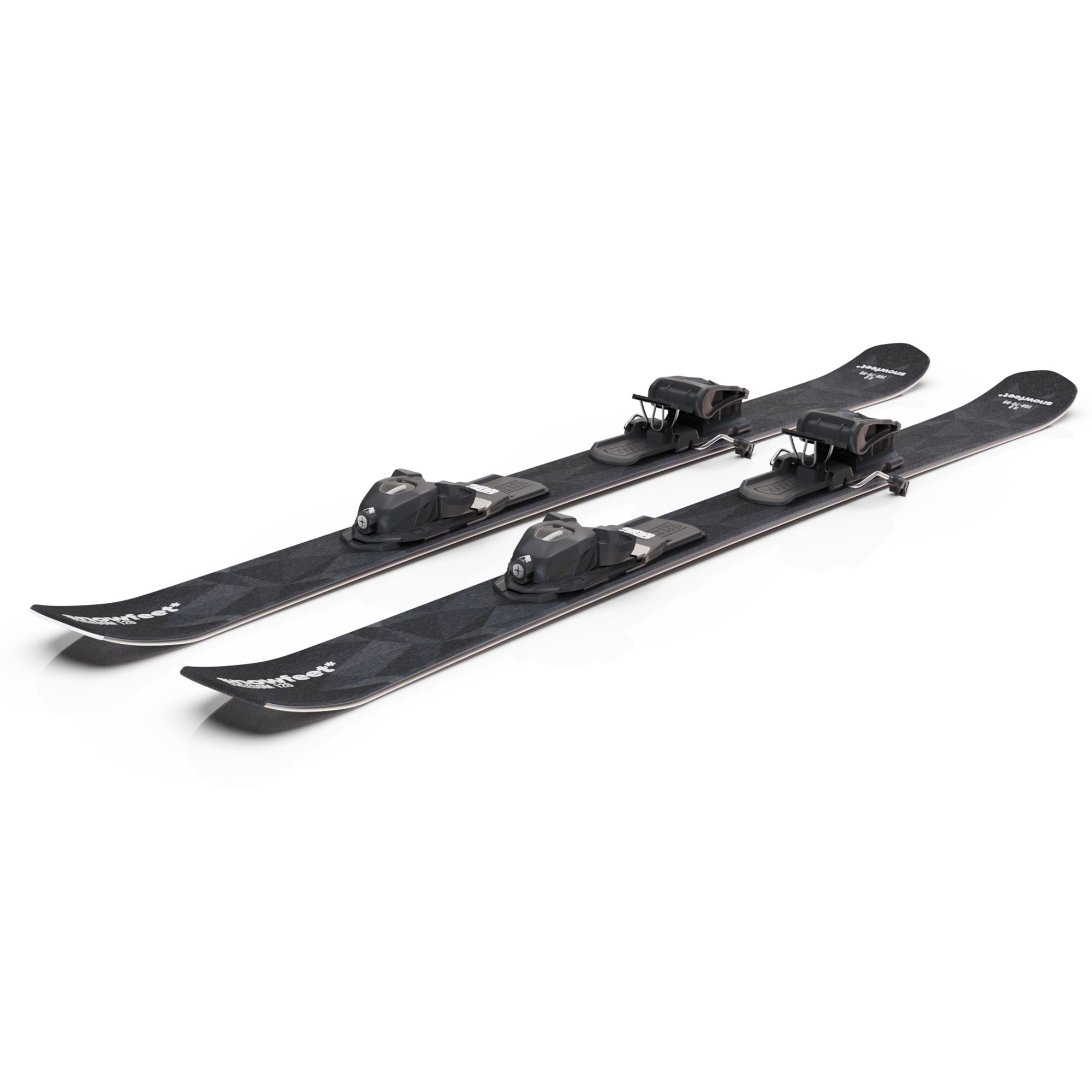
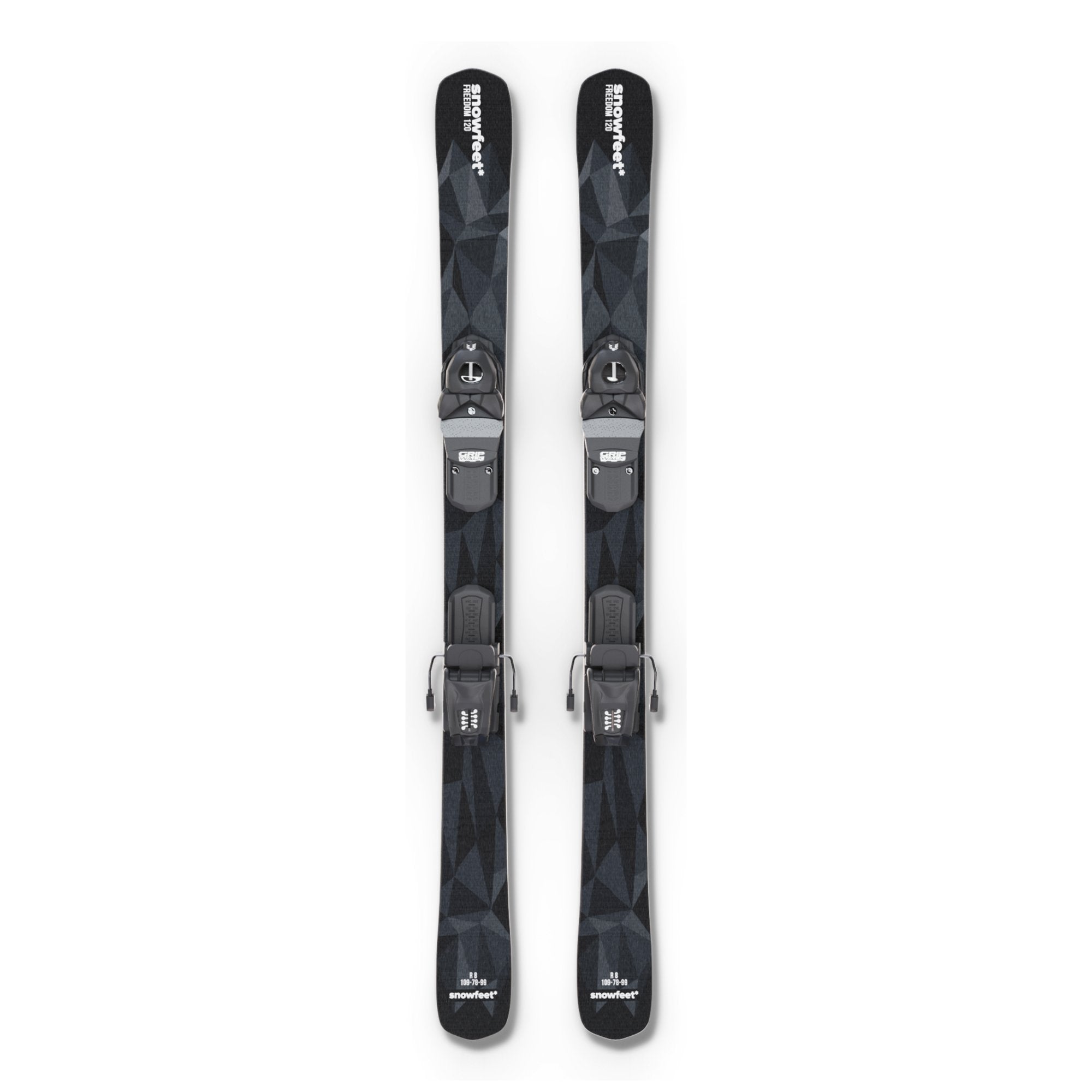
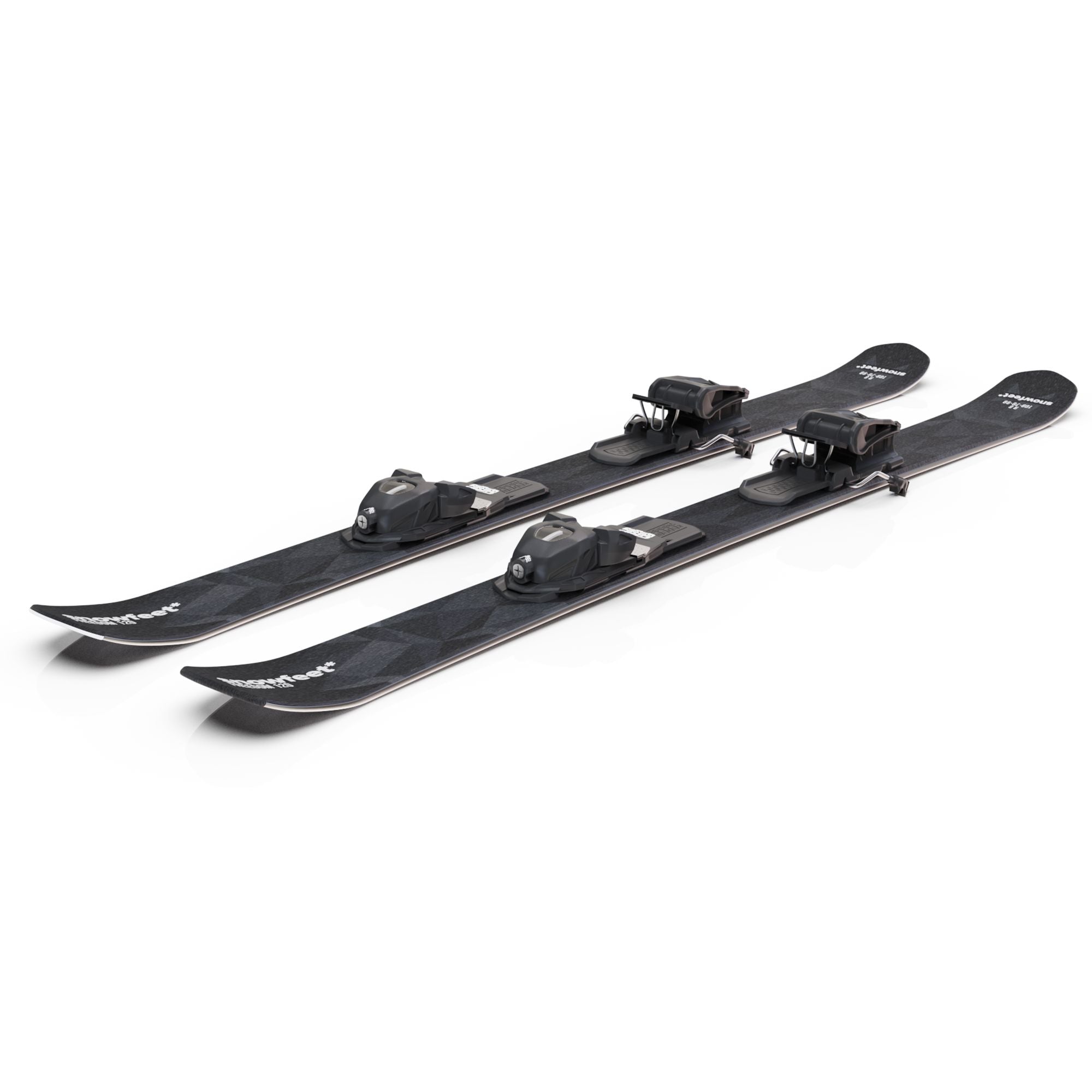
Laisser un commentaire
Ce site est protégé par hCaptcha, et la Politique de confidentialité et les Conditions de service de hCaptcha s’appliquent.